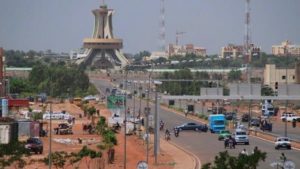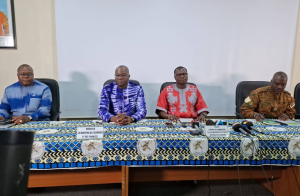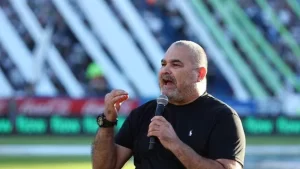Burkina Faso: President Ibrahim Traoré focuses on improving the day-to-day lives of communities

Since taking office, Captain Ibrahim Traoré has placed the people at the heart of his leadership. His vision? A development model rooted in grassroots needs—one that directly addresses citizens’ real concerns and tangibly improves their living conditions. It is in this spirit that the Presidential Initiative for Community Development was launched, a flagship project embodying his ambition for a more united, equitable, and resilient Burkina Faso.
This initiative, both ambitious and deeply human-centered, is built on strong values: voluntary citizen participation, empowerment, transparent governance, and accountability.
These principles reflect a commitment to making development a collective effort—driven by the people, for the people.
Structured around three key pillars, the initiative aims to bring lasting transformation to the lives of Burkinabe citizens.
- Building and rehabilitating essential infrastructure
Roads, schools, health centers, water access points—these critical facilities, once constructed or restored, ensure better access to basic services and stimulate local economies. - Environmental protection and quality of life
Recognizing that well-being depends on a healthy living environment, President Ibrahim Traoré promotes concrete actions to safeguard nature: reforestation campaigns, waste management, and natural resource preservation.These efforts lay the foundation for a greener, more sustainable future. - Strengthening community skills and autonomy
The third pillar focuses on empowering communities through training, mentorship, and local initiatives.The goal is to equip citizens with the tools they need to become active drivers of their own development, fostering self-reliance and civic engagement.
Through this comprehensive approach, Burkina Faso is not just rebuilding—it is redefining progress, ensuring that every citizen has a stake in the nation’s future. This is development by the people, for the people.
Cédric KABORE






